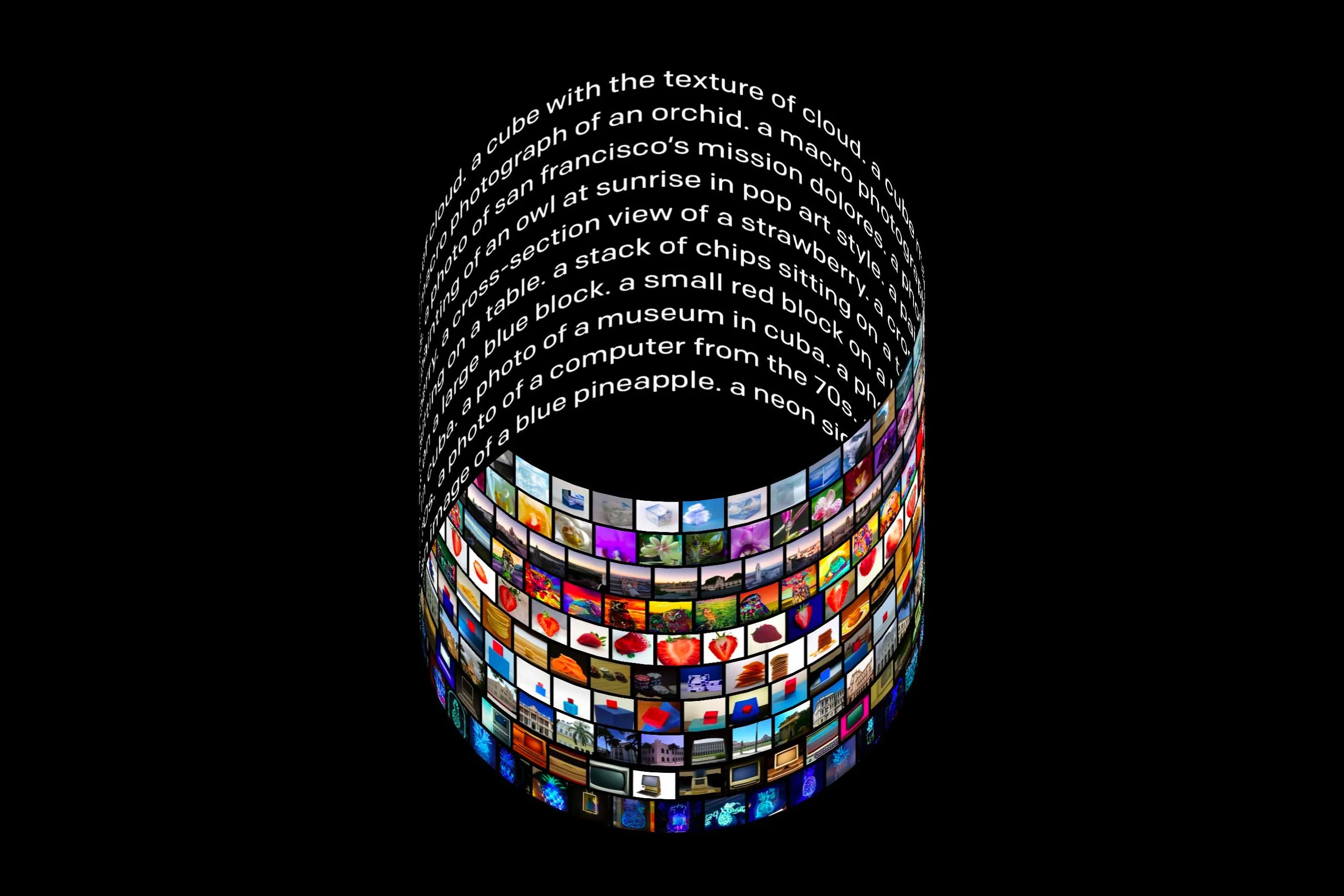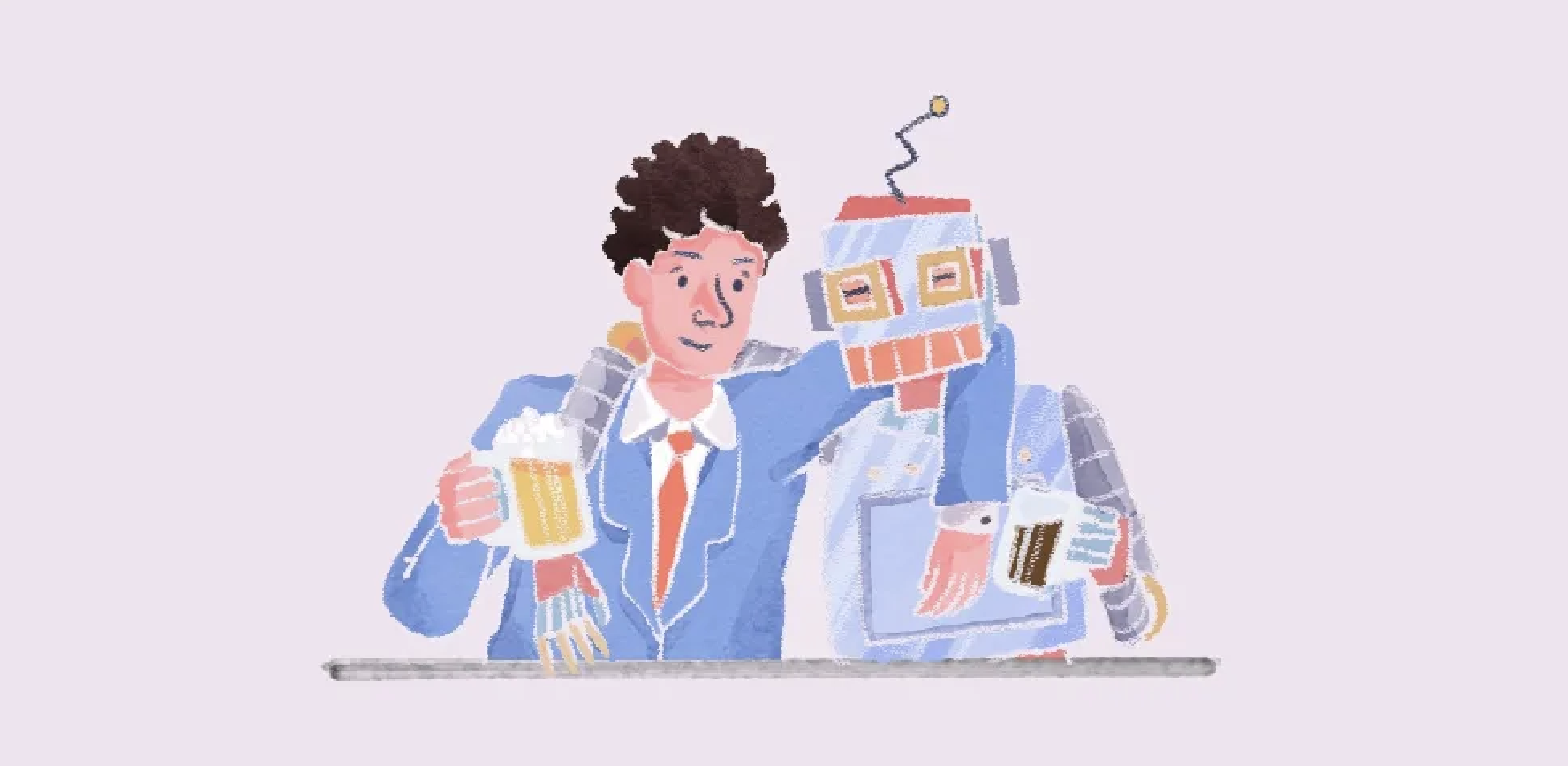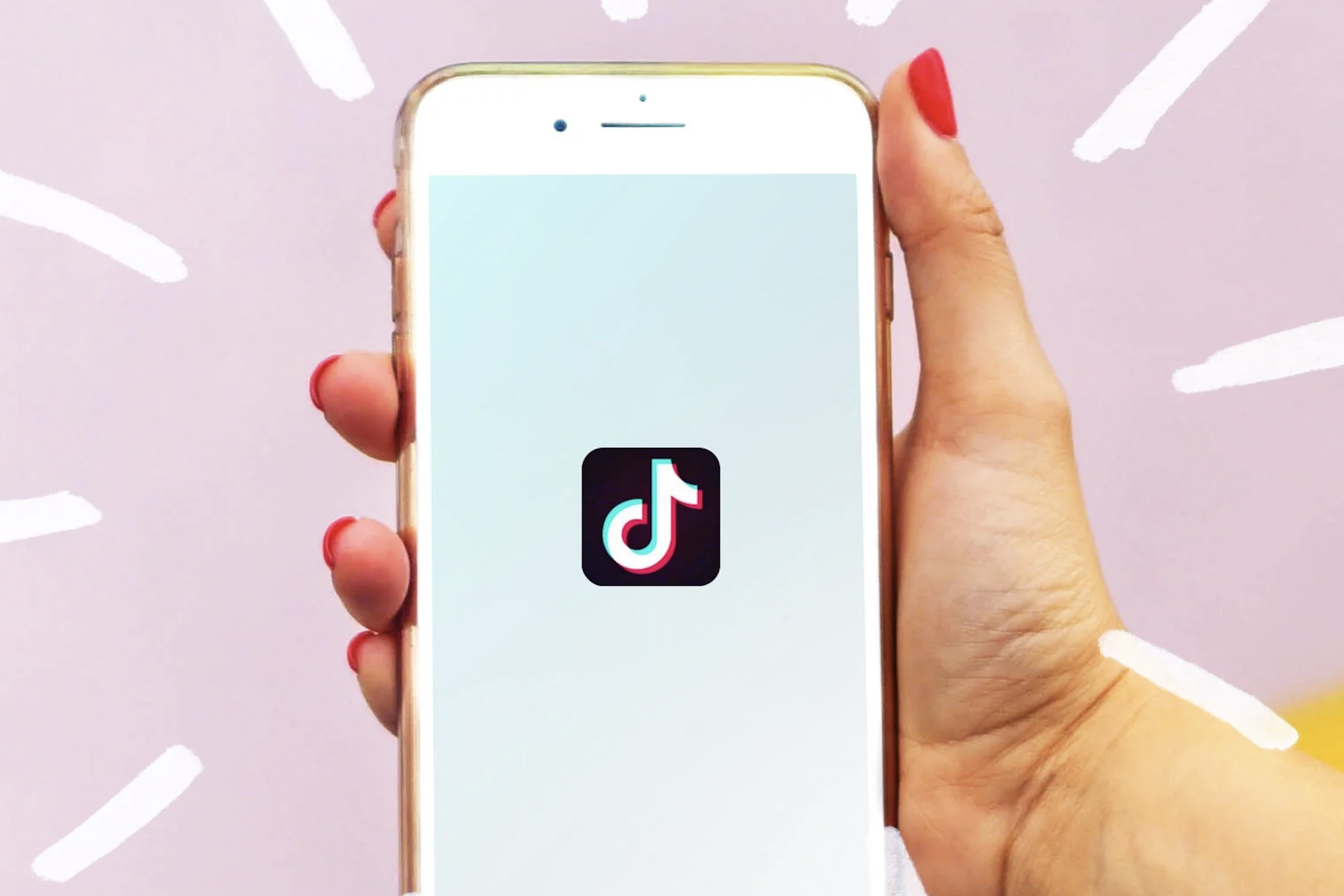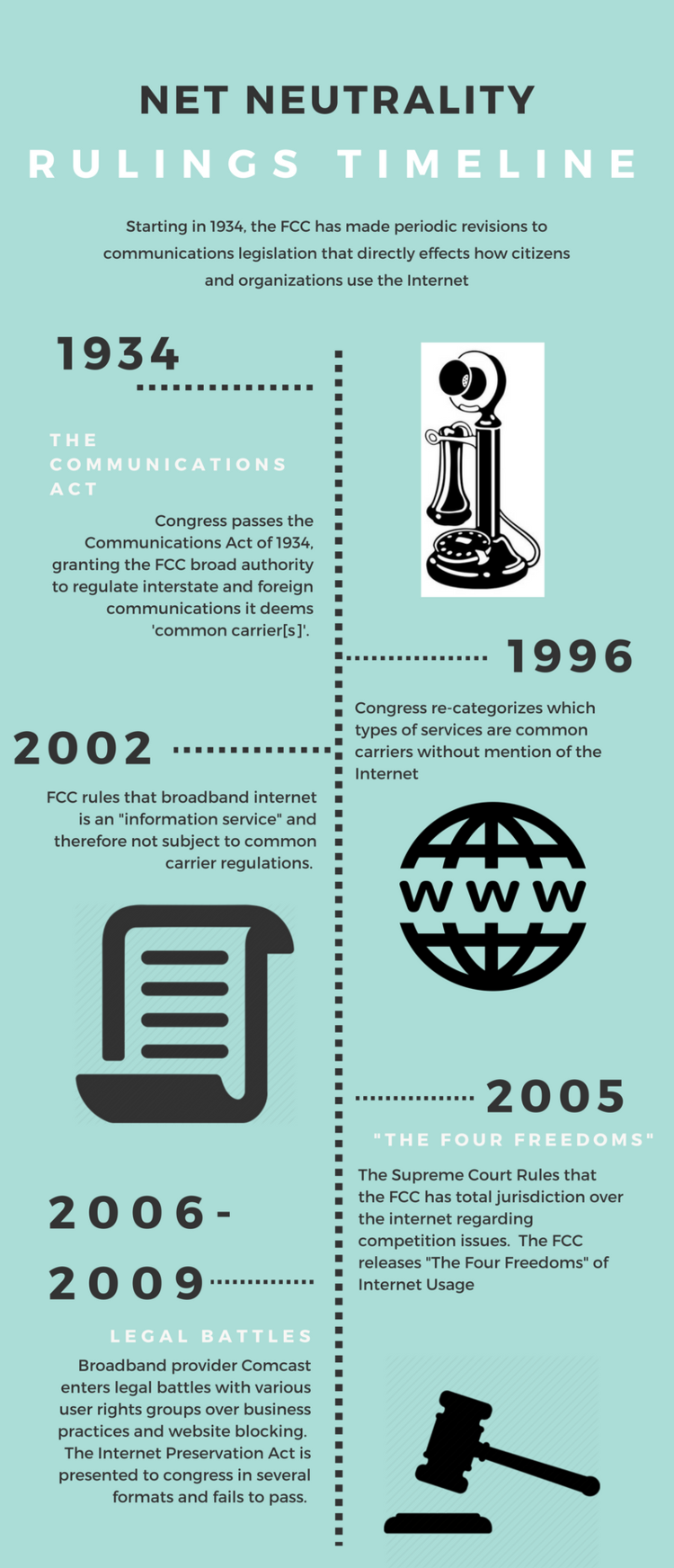With the recent proposal to cut funding for arts and culture, stay informed with what is going on in Congress! Countable is the one-stop online resource with all of an advocate’s needs to stay informed and take action.
Why Net Neutrality Matters for Arts Institutions
Net neutrality died by the hand of the FCC in November 2017. The policy, to be implemented summer 2018, will be detrimental to the work and impact of arts institutions and artists. The following article provides an overview of what changed, why net neutrality is important to the arts, and what you can do to help reverse the policy, or, as AT&T's CEO has called for, ask for Congress to create a consumer Internet Bill of Rights.
Net Neutrality Policy Impacts On The Arts + Infographic
The Fight over Net Neutrality is Far From Over
Last month, I wrote about what I consider to be the most important public policy issue affecting the arts/technology community, the issue of net neutrality. Since then, a wave of new developments have shifted the playing field and ratcheted up the fight over what is quickly becoming one of the most contentious policy issues in all of Washington. With the new FCC regulations slated to go into effect this Sunday, the legal and political wrangling over the issue is far from over, and the very future of the Internet as we know it is at stake.
First, a quick overview: the issue of net neutrality has received a fair amount of coverage recently because a new set of regulations passed by the Federal Communications Commission (FCC) last December are set to go into effect this Sunday, November 20th. The regulations primarily do three things: they prohibit broadband providers from blocking lawful web traffic; require a greater deal of transparency from broadband providers regarding their network practices; and most importantly, require broadband providers to not discriminate in transmitting lawful network traffic over consumers’ internet service.
arts/technology community, the issue of net neutrality. Since then, a wave of new developments have shifted the playing field and ratcheted up the fight over what is quickly becoming one of the most contentious policy issues in all of Washington. With the new FCC regulations slated to go into effect this Sunday, the legal and political wrangling over the issue is far from over, and the very future of the Internet as we know it is at stake.
First, a quick overview: the issue of net neutrality has received a fair amount of coverage recently because a new set of regulations passed by the Federal Communications Commission (FCC) last December are set to go into effect this Sunday, November 20th. The regulations primarily do three things: they prohibit broadband providers from blocking lawful web traffic; require a greater deal of transparency from broadband providers regarding their network practices; and most importantly, require broadband providers to not discriminate in transmitting lawful network traffic over consumers’ internet service.
While not perfect, these regulations are an important step to ensure that the concept of the “open Internet,” or the idea that all internet traffic is treated equally, continues going forward. Simply, it would preserve open Internet access for consumers, and not allow telecommunications companies to discriminate certain types of data as they see fit.
With the new regulations slated to go into effect shortly, Republicans in Congress have sought to overturn the rules, arguing that they go too far and that new government regulations are not necessary. This past Thursday, the Senate failed to round up the votes necessary to pass a resolution overturning the rules, failing on a party line vote of 52-46, with Democrats voting in the majority to stop the bill from going forward. The Republican-controlled House voted in April on a similar bill, which passed by a vote of 240 to 179.
The opposition in Congress stated that they also believe in the concept of an “open Internet,” but felt that such regulations were better written by Congress themselves and not the FCC.
Supporters of the new regulations, including the FCC, claim that the rules bring a degree of certainty to the internet community. In a statement, the FCC stated that “any effort to disrupt or unsettle that certainty, which has been widely supported by industry, will only undermine innovation and investment in this space.”
Even if the Senate had passed the legislation, President Obama had vowed to veto the bill, ensuring that any legislative efforts to roll back the regulations will fall short of success at least through the 2012 election.
The real immediate fight, however, over the regulations will be fought in court. Several telecommunications companies, most notably Verizon, have pending lawsuits seeking to nullify the regulations, claiming the federal government and the FCC do not have the authority to exercise regulatory power over the Internet. Attempts by the FCC to regulate the internet in the past have failed in the courts, so there is legitimate concern that the current case may meet the same fate.
In addition to concerns over potential content discrimination, there are other areas where telecommunication companies may seek to change their business practices if the regulations do not go into effect. The most common concerns are over higher premiums being charged for faster data speeds, or deliberately slowing down speeds for specific websites or services that may compete with the firm providing the internet access.
As I said last month, the issue of net neutrality impacts all communities, and many of the innovative and inspiring new art works and technologies we have highlighted here on the blog in recent months stand to be impacted if efforts to weaken the regulations are successful. Innovation is best achieved when entrepreneurs, artists and managers have the freedom to use technology to share their art with the world, and the openness of the Internet since its inception has facilitated countless new art forms and inspired a new generation of artists. It would be a shame to see that kind of progress stifled at the hands of Congress or the court system.
After the defeat of the Senate bill, the White House released a statement, saying that “it would be ill-advised to threaten the very foundations of innovation in the Internet economy and the democratic spirit that has made the Internet a force for social progress around the world.” As the fight over net neutrality moves forward and the regulations go into effect on Sunday, it’s important to remember that a free and open Internet is in the absolute best interest of the arts community, and is worth fighting for. That’s a bipartisan belief that everyone in the arts community can appreciate.
Musicians Standing Up for Net Neutrality
[Casey Rae-Hunter is the communications director for Future of Music Coalition - a national, nonprofit education, research and advocacy organization for musicians. He has generously given us permission to republish this article which originally appeared on the Future of Music Coalition website .]
 In the almost ten years that the Future of Music Coalition has existed, we’ve seen tremendous changes in the way musicians go about reaching and cultivating fans. Perhaps the biggest development in our decade on the scene is in how artists are using the internet.
In the almost ten years that the Future of Music Coalition has existed, we’ve seen tremendous changes in the way musicians go about reaching and cultivating fans. Perhaps the biggest development in our decade on the scene is in how artists are using the internet.
It’s safe to say that nearly all of the exciting things that have gone down online are the result of net neutrality — the principle that protects the open internet.
Net neutrality has inspired incredible displays of creativity and entrepreneurship, as musicians adopt and devise new ways to inspire fans and create a buzz. From OK Go’s famous YouTube videos to Erin McKeown’s “Cabin Fever” concerts to bands booking tours and cross-promoting, the internet lets all artists compete on an equal technological footing with the biggest companies.
Today’s artists use their web presence not only to sell music and merchandise, but also an amazing array of innovative content — all without interference from gatekeepers. Contrast this with the traditional music industry, where artists required significant financial backing to reach potential listeners.
But without net neutrality, all this — and many other things we’ve come to take for granted online — could be in jeopardy. Currently, a handful of powerful Internet Service Providers (IPSs) are putting pressure on the Federal Communications Commission to “tone down” its planned introduction of expanded net neutrality principles (and the accompanying public discussions) on the way to possible rulemaking.
Why are the ISPs and their lobbyists in such a tizzy? Well, for one, they want to be able to charge content providers (you, know, people like musicians who put stuff on the web) a higher fee for the faster delivery of their sites and services. Those who couldn’t afford to — or didn’t want to — pay the “toll” would be stuck in the slow lane of the information superhighway.
But that’s not the only reason that net neutrality (ie, the internet as we know it) is so important to preserve.
Last year’s FCC investigation into whether Comcast interfered with users’ ability to send and receive data using the BitTorrent protocol revealed that even the King James Bible was being unfairly blocked. In 2007, AT&T censored political speech by Pearl Jam’s Eddie Vedder during the exclusive webcast of the band’s appearance as part of the Lollapalooza festival. The latter incident indicates the danger of allowing a single carrier to make decisions about what kind of speech it considers “appropriate.”
Clearly, there’s a need for clear and transparent rules about what Internet Service Providers are allowed to do in terms of managing their networks. While there are certainly important discussions to be had about how to ensure a smooth experience for subscribers, any ISP activities that target or discriminate against lawful content in order to establish a marketplace advantage is contrary to what makes the internet the most important communications platform of our time.
Naturally, there are are concerns about protecting copyright and intellectual property online. Keep in mind that FMC supports artists’ rights to have control over their creative expressions, as well as their ability to access potential audiences. Yet any solutions to unlawful filesharing are likely to be the product of a neutral net. (There are currently reports that because of new legal services, filesharing is becoming passé — globally, anyway.) The growth of the broadband marketplace — despite limited competition due to a cable/telecommunications duopoly — has helped lay the cornerstone for a legitimate digital music marketplace. These days, there are tons of exciting, legal ways to experience music online, and more are on the way. To abandon net neutrality is to starve this marketplace of the very oxygen it needs to grow and flourish. Besides, do you really want to hand over they keys to digital music innovation to your phone or cable company?
FMC started its Rock the Net campaign in 2007 because we recognize that musicians are not only America’s cultural ambassadors, but also part of its entrepreneurial backbone. Just about everywhere you look, artists are finding new platforms to turn people on to their music. In the absence of net neutrality, these platforms may be only available to those who could cut big-money deals with the telecom and cable companies — or worse, the platforms may never be built at all due to an “innovation drain” that could result from a lack of open structures.
More recently, we were thrilled to have Senator Al Franken talk about the importance of net neutrality in a speech at the 2009 Future of Music Policy Summit. This year’s conference also saw a keynote from FCC Chairman Julius Genachowski — check out C-SPAN video of both speeches here.
This fight to preserve the open internet has been going on for some time. Now that we’re close to having net neutrality become the law of the land, it’s little surprise that the big telecom and cable companies are pushing back. But that shouldn’t stop you from letting the world know about your support of an internet that’s open to all. Why not write a song or make a YouTube video about it? And if you do, be sure to let us know and we’ll help spread the word!
Why Net Neutrality is an Arts Advocacy Issue
I teach a course on “Cultural Policy and Advocacy in the US” each spring for CMU’s Master of Arts Management program. As I begin prepping for the upcoming spring semester, I find it intriguing that the issue of “net neutrality” has not gained much buzz within the arts advocacy community. So let’s take a look at what net neutrality is and how the issue of net neutrality impacts the arts. So what is net neutrality? Here’s a brief breakdown of the issue from Public Knowledge, a Washington DC based public interest group working to defend the public’s rights in the emerging digital culture:
Okay, but why should arts advocates care about net neutrality?
In the last decade, we have seen an explosion in the use of the Internet to create art, promote the arts, advocate for the arts, build community through the arts, and more. Our sector’s ability to participate in the Web 2.0 cultural shift is due in large part to our ability to access any tool hosted on the Internet with the same ease as any other Web user. Here are just a few examples of how this neutral access has fostered evolution within the arts community :
- Artists have been able to choose from a wide array of online tools for distributing their work and reaching new audiences.
- Artists have explored the use of the Internet as an artistic medium resulting in the genre of art known as net art.
- Artists and arts organizations have leveraged the use of social media and social networking to further engage audiences before, during and after traditional performances and exhibitions.
Let’s say for example that a theatre company pays Comcast for access to the Internet. The theatre also has a nonprofit channel on YouTube where they post video interviews with playwrights, directors, actors, designers, etc. The theatre has successfully used these videos as promotional tools to raise interest in upcoming productions. What happens if Comcast decides to prohibit the theatre from accessing YouTube because Comcast is launching a video sharing site that competes directly with YouTube? Suddenly, your Internet Service Provider (ISP) is determining which online tools you may or may not use to pursue your arts organization’s goals and mission.
Does the idea that your Internet Service Provider would prohibit you from accessing certain sites sound preposterous? It’s not. On September 21, FCC Chaiman Julius Genachowski presented a speech at the Brookings Institute in which he states, “We have witnessed certain broadband providers unilaterally block access to VoIP applications (phone calls delivered over data networks) and implement technical measures that degrade the performance of peer-to-peer software distributing lawful content. We have even seen at least one service provider deny users access to political content.”
During last month’s National Alliance for Media Arts and Culture (NAMAC) conference, Craig Aaron from Free Press laid it out on the line for the audience, “[The federal government is] going to decide whether or not the Internet remains public and free.” Does that sound alarmist? It’s not.
In yesterday’s speech, Genachowski went on to state, “While my goals are clear -- to ensure the Internet remains a free and open platform that promotes innovation, investment, competition, and users’ interests -- our path to implementing them is not pre-determined. I will ensure that the rulemaking process will be fair, transparent, fact-based, and data-driven. Anyone will be able to participate in this process, and I hope everyone will. We will hold a number of public workshops and, of course, use the Internet and other new media tools to facilitate participation. Today we’ve launched a new website, www.openinternet.gov, to kick off discussion of the issues I’ve been talking about. We encourage everyone to visit the site and contribute to the process.”
While this is a wonderful step towards ensuring net neutrality for the United States, we would be foolish to believe that the results of this process are a given. A stunning statistic that Craig Aaron shared with the NAMAC conference last month is that the telecommunications field currently has 500 lobbyists in Washington, DC. That is nearly one lobbyist for each member of the House and Senate. You better believe that those 500 lobbyists are advocating for FCC policies that will allow their telecommunications employers to gain more financially advantageous control of the Internet and consumer usage.
The number of net neutrality lobbyists in Washington, DC is very minor in comparison to the army of 500 telecommunications lobbyists. That’s why it is so important for us to join the national discussion regarding this issue and add it to our list of arts advocacy priorities.
Here are some easy things you can do today to help ensure net neutrality within the United States:
- Send a brief message to your Congressional representative asking them to support the Internet Freedom Preservation Act of 2009 (H.R. 3458).
- Contact Americans for the Arts and encourage them to add a net neutrality issue brief to the Congressional Arts Handbook that will be distributed during the 2010 Arts Advocacy Day event.
- Engage in the public discussion on www.openinternet.gov.








